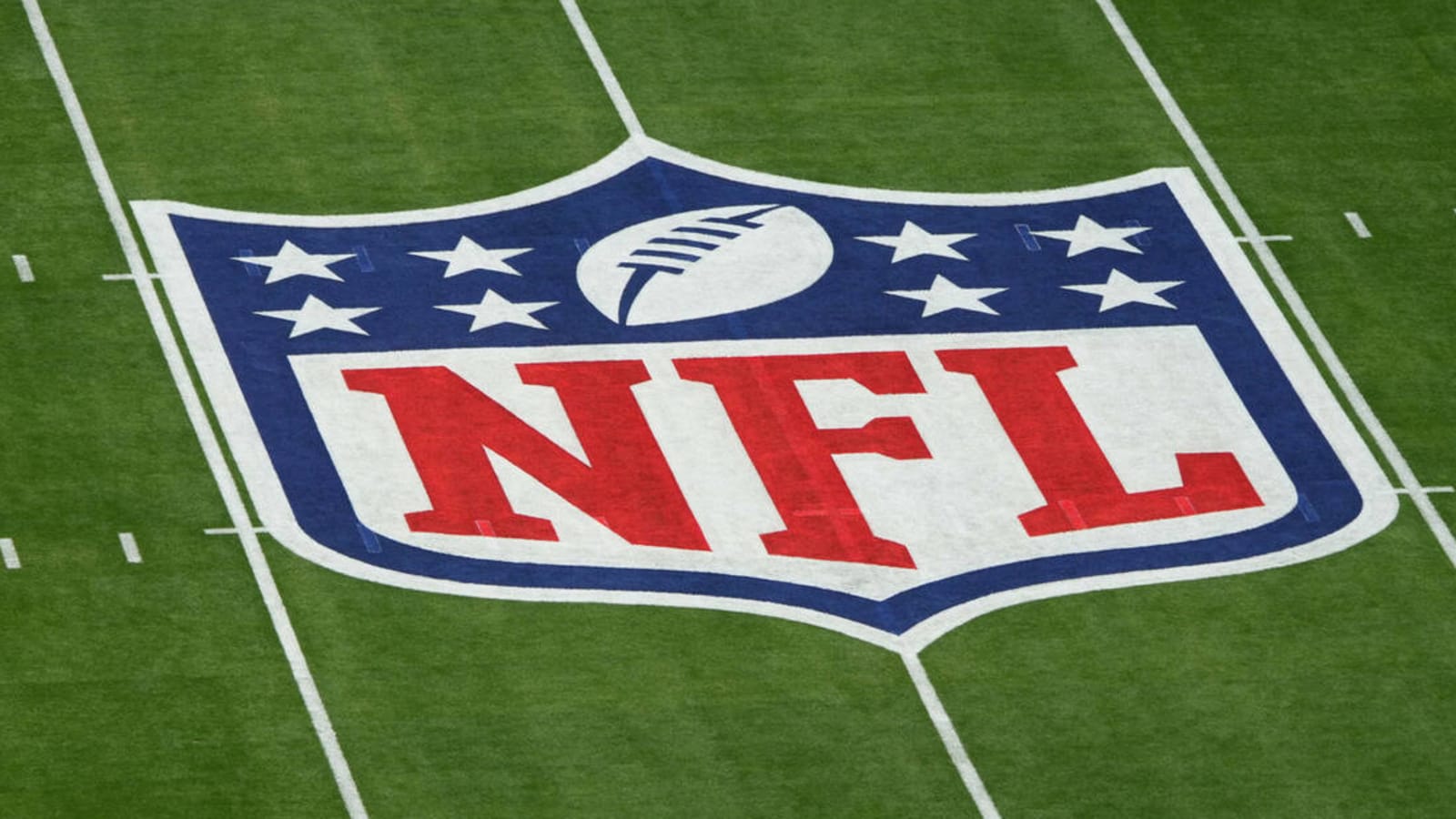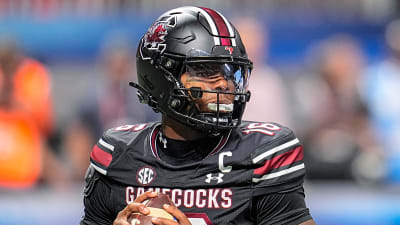
Five spring pro football league rules the NFL must consider
After the Super Bowl, football fans can barely catch their breath before the XFL kicks off Saturday. On April 15, another spring league — the USFL — will kick off. Who knows if either league will be in business by May?
XFL and USFL rules differ from the NFL's in some respects. Some spring league rules, such as the USFL's three-point conversion possibility following a touchdown, are too gimmicky for the NFL to consider. These rules, though, should be examined closely by the NFL competition committee:
1. No touchbacks on offensive fumbles into opponent's end zone
There's a healthy debate among those in favor of the rule as is and those vehemently opposed to its existence.
Under NFL rules, the offense maintains possession when an offensive player fumbles the ball out of bounds anywhere on the field except for the opponent's end zone. When a fumble goes out of bounds in an opponent's end zone, the play results in a turnover and touchback.
When this occurs in the XFL and USFL, the offense retains possession at the spot where the ball carrier fumbled, regardless of where the ball goes out of bounds.
While the NFL rule perfectly encapsulates the notion that football is a sport of inches, it's lunacy for a different set of rules to apply solely because of where a fumble goes out of bounds.
2. Replay command center can overrule personal foul penalties
Countless NFL games are defined by controversial personal foul penalties. The XFL and USFL will allow their replay command centers to overrule those momentum-swinging penalties, including roughing the passer and grabbing the face mask.
3. Changes to pass interference penalty rules
Defensive pass interference penalties in the NFL are spot fouls, meaning that wherever the foul occurs is where the ball is placed on the next down. It's a huge advantage for the offense. Games can take wild swings on pass interference calls on throws 40 yards or more downfield.
In the USFL, defensive pass interference is at-most a 15-yard penalty, with the caveat being defenders can't outright tackle a receiver before he has a chance to make a catch. In that scenario, the penalty would be a spot foul.
Like personal foul penalties, the final determination comes from the replay center.
4. Coaches can challenge fouls, non-fouls
After officials blew an obvious pass interference in the Rams-Saints NFC Championship Game in 2019, the NFL experimented with allowing coaches to challenge plays that they believed a pass interference occurred but a flag wasn't thrown. The league quickly did away with the rule, but NFL games are plagued by controversial calls (and non-calls) nearly every week.
The XFL is bringing back the old NFL experiment and expanding it. Coaches can challenge pass interference penalties and other fouls as well. Per the XFL's official rulebook, "The Head Coach may challenge any on-field ruling including those involving a foul or potential foul."
Coaches get one challenge per game.
5. First-down technology
NFL officiating often takes too long, frustrating players and fans alike. The NFL's archaic means of checking for first downs is one of the more absurd relics the league won't let die. As the USFL showed last season, the future is here ... if the NFL wants it.
First down measurements that are more accurate than ever
— USFL (@USFL) April 9, 2022
Take a look at the first down technology that will be featured this season in the USFL ⬇️ pic.twitter.com/fLT2boDOVd
With microchipped footballs, checking for first downs in the USFL is as fast and accurate as instant replay reviews in tennis.
Wimbledon gets underway today. The replay system used in tennis is called the Hawkeye, invented by British computer expert Paul Hawkins in 2001.
— Jake Marsh (@PMTsportsbiz) July 1, 2019
Former ESPN producer and current Syracuse University professor Dennis Deninger then brought it to life for US Television a year later. pic.twitter.com/dLumHQzO3L
The NFL, meanwhile, relies on chains and index cards.
The NFL is something else pic.twitter.com/smcpxTyvRP
— Zach Ozbun (@ZachOzbun) December 18, 2017
One is a multi-billion dollar industry and the other will likely be out of business before too long. If the NFL is wise, it should emulate the spring leagues.
More must-reads:
- Could NFL ban hugely successful Eagles play in 2023?
- The way-too-early odds to win Super Bowl LVIII
- The 'NFL passer rating leaders' quiz
Breaking News
Trending News
Customize Your Newsletter
 +
+
Get the latest news and rumors, customized to your favorite sports and teams. Emailed daily. Always free!








